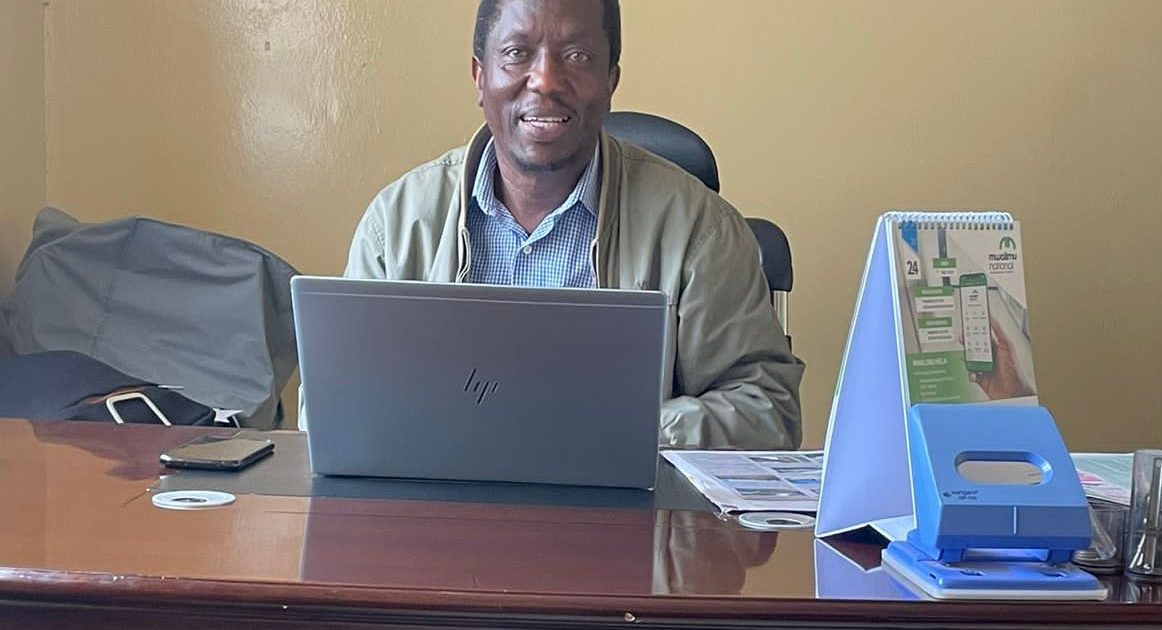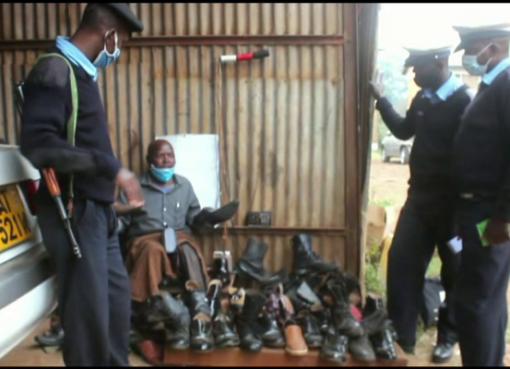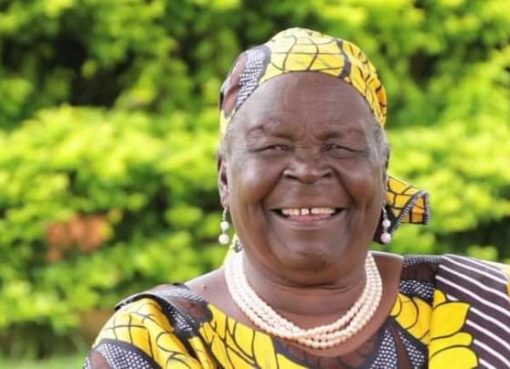Farmers in Kiambu County are being empowered through various programmes being undertaken under the Agricultural Sector Development Support Programme (ASDSP II).
The ASDSP II, operating under a devolved government system, is contributing to national agricultural policy’s goals of developing livestock and crop enterprises into commercial ventures.
Additionally, ASDSP phase two focuses on dairy cows, bananas, and indigenous chickens, encompassing the entire value chain, unlike phase one, which primarily targeted farmers.
Speaking to KNA, Kiambu County Programme Coordinator Gikonyo Wanyige explains that the program aids farmers in enhancing productivity, strengthening entrepreneurial skills, and enhancing market access by value chain actors.
“To increase production, we do capacity building where we mobilize everyone, train and demonstrate new technologies also known as innovation so that everyone who is involved in the production can get a profit,” he said.
Gikonyo stated that the programme has nine sites where dairy farmers are taught about biogas production, which helps reduce energy costs.
There’s also 42 sites where we train farmers on fodder crops, disodium and brachialis variety grasses and we hope that in the next two to three years every dairy farmer will have fodder in their farms,” he added.
The coordinator said 75% of the cost of production is on feeds, thus the reason why, we are not only training the farmers on adding protein value to dairy and chicken through feeds but also training on harvesting black soldier larvae on the compost waste.
The Kiambu Sub County livestock production officer Virginia Karanja has been working closely with the ASDSP programme, resulting in positive changes in the dairy farming sector.
Margret Kamau, a Kiambu resident said, “I am a beneficiary of the larvae training and it has helped me with chicken farming, chicken feeds are very expensive and having something to accompany the feeds will help save on cost as less feeds will be served.”
The ASDSPII programme has also equipped two banana farmers groups in Kiambu with banana seedlings for nurseries, solar dryers to help save for when the bananas are out of season, and the groups also do value addition, and make flour which they produce well locally.
According to the County coordinator, there were also plans to procure lacto scan machines for farmers to set up collection shades.
Gikonyo acknowledged that shortage of funds is always a challenge, especially when those farmers that are trained expect that the project will provide them with the much-needed equipment for free.
Thus, Phase two of ASDSP II was completed last month 29th February 2024, but another programme has begun that will run for the next 5 years.
By Treezer Leah




